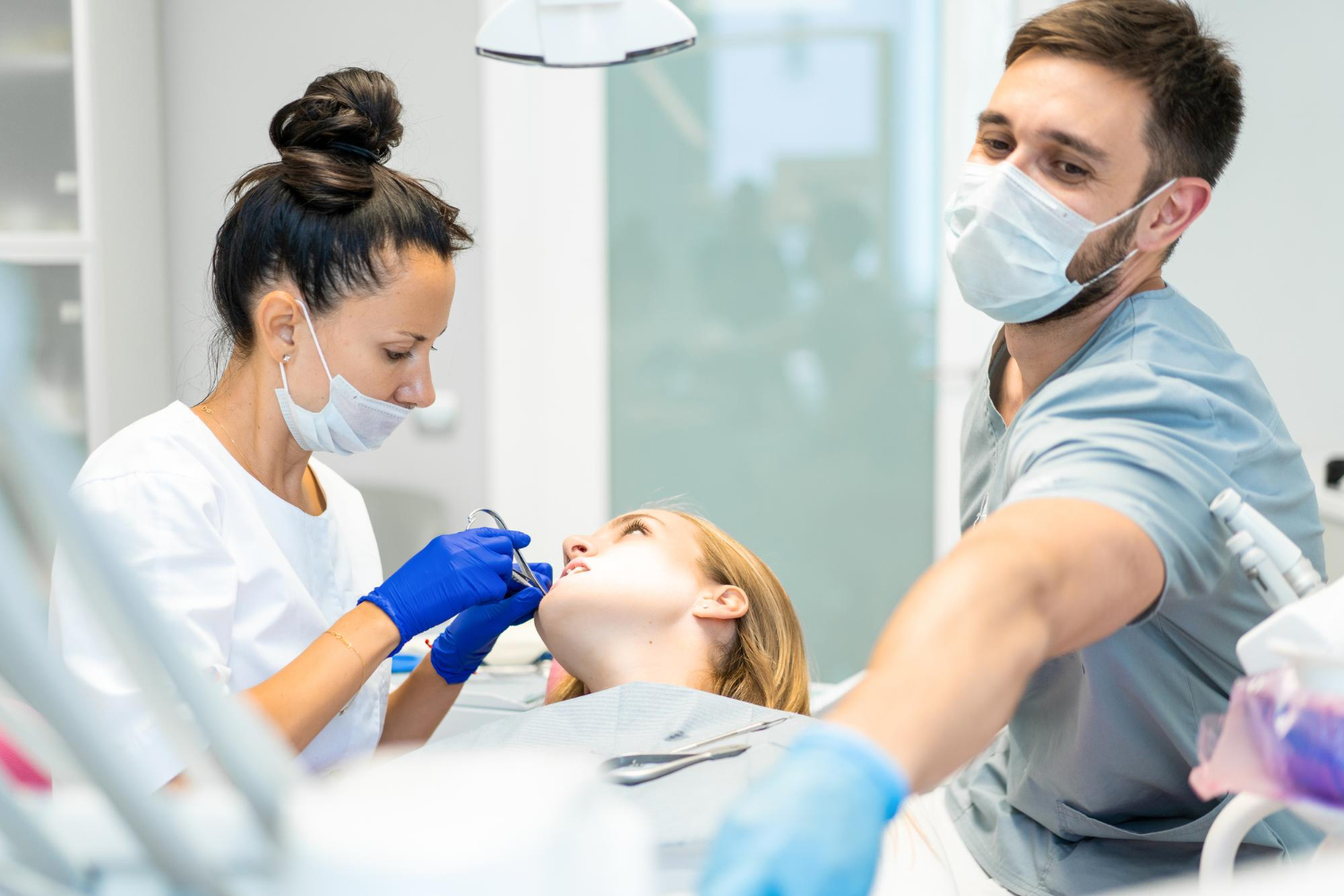HEALTH
Dental Disasters: How to Handle a Dental Emergency

You never know when a dental emergency could strike. And, like in any other kind of emergency, acting fast to deal with one can make a big difference to the outcome and recovery. It can benefit both you and your loved ones to know what counts as a dental emergency and how you should deal with it.
Here are the top tips on how to prevent and respond to dental emergencies.
What is a dental emergency?
We call them emergencies, but unlike medical emergencies, dental emergencies are not usually life-threatening. However, they require immediate professional attention to stop them from hurting, prevent damage, and save any affected teeth.
Some common symptoms of dental emergencies include heavy bleeding from the gums or inside the mouth, severe pains or aches, or visible injuries such as cracked or knocked-out teeth. Lost fillings and objects stuck between the teeth can also be dental emergencies.
Preventing dental emergencies
The best way to protect yourself or others against dental emergencies is to prevent them altogether. This is not always possible, but for the best chance you should make sure that you follow the standard advice to brush and floss twice per day.
In addition to this, you should visit your dentist for a checkup at least twice per year. Your dentist may be able to spot the cause of a dental emergency in advance so that it can be avoided altogether. Today, it is easier than ever to find a general dentist near you. If you’re looking for a Mount Annan dental practice, search for something to that effect online and check out the reviews. You will need the details of a local dentist not just to schedule your checkups, but also to be able to respond quickly to dental emergencies.
Another thing you can do is make sure you are eating a good diet which is low in sugar and acidic foods, as these contribute to tooth decay.
First things to do in a dental emergency
Your first reaction will vary slightly based on the emergency you are having, but there are a few things you can do which are a good idea in any case.
First is to rinse your mouth with warm saltwater. This can help alleviate any swelling inside the mouth, and if you have exposed wounds from knocked-out or damaged teeth, it helps to keep the area clean and stop it getting infected.
Pressing something cold onto your cheek outside the affected area is also good because it helps with pain, swelling, and bleeding.
All of these things are helpful, but the most important thing to do during dental emergencies is to see a real dentist as soon as possible. Your first contact should be your regular dentists. These are not always able to provide emergency care, but can often recommend an emergency dentist who can.
If that is not possible, look online or see if you live in a region with an emergency dental helpline.
Acting fast and getting professional help quickly can mean saving your tooth rather than needing extensive treatment later to repair the damage. It pays to be prepared, so make sure you know who to call and what to do in advance.
Stay ahead of the curve with the freshest news updates by exploring TodayFirstMagazine!






